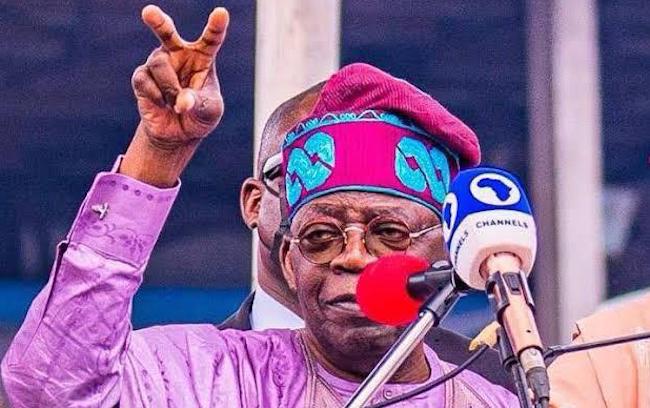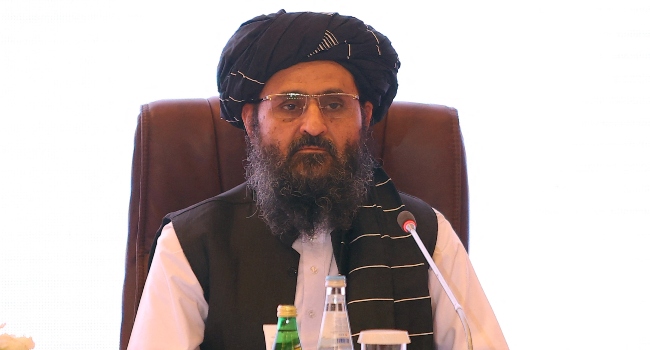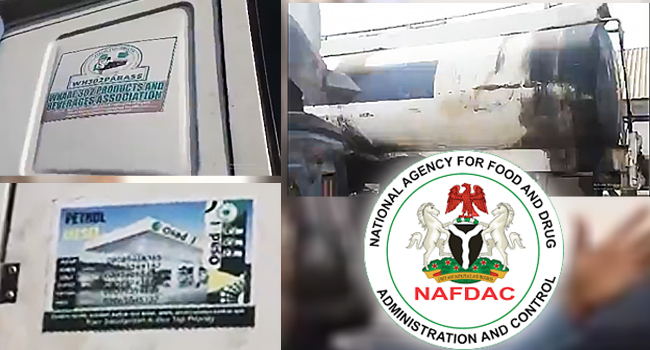In his maiden New Year address to the nation, President Bola Tinubu, on Monday, said he took difficult steps at reforming Nigeria’s economy to avert a looming fiscal crisis
He assured Nigerians that the harsh economic realities would not last long, as his reforms would yield the desired results in 2024.
Upon assuming office in May 2023, the President announced the discontinuance of the decades-long subsidy on petrol, which, he said, had become “an unsustainable financial burden” on the economy.
He also unified the exchange rate, a move he described as “the removal of the chokehold of few people on our foreign exchange system that benefited only the rich and the most powerful among us.”
However, the aftermath of those decisions left Nigerians grappling with soaring inflation and skyrocketing living and operating costs for individuals and businesses, respectively.
Reflecting on what he called “difficult but necessary” decisions, Tinubu said, “Over the past seven months of our administration, I have taken some difficult and yet necessary decisions to save our country from fiscal catastrophe.”
He acknowledged the discomfort these decisions have brought upon Nigerians, emphasising, “I am well aware that for some time now the conversations and debates have centered on the rising cost of living, high inflation which is now above 28 per cent and the unacceptable high under-employment rate.
“I am not oblivious to the expressed and sometimes unexpressed frustrations of my fellow citizens. I know for a fact that some of our compatriots are even asking if this is how our administration wants to renew their hope.”
However, Tinubu highlighted the transience of the current difficulties, urging Nigerians to exercise more patience.
“Dear Compatriots, take this from me: the times may be rough and tough; however, our spirit must remain unbowed because tough times never last.
“We are made for this period, never to flinch, never to falter. The socio-economic challenges of today should energize and rekindle our love and faith in the promise of Nigeria.
“Our current circumstances should make us resolve to work better for the good of our beloved nation. Our situation should make us resolve that this new year, 2024, each and every one of us will commit to be better citizens,” he stated.
Looking ahead, the President outlined his administration’s commitment to economic recovery, touching on agreements made at COP28 to enhance Nigeria’s power infrastructure and his intent to revamp local refining of petroleum products and bolster agricultural production.
He said, “My administration recognises that no meaningful economic transformation can happen without steady electricity supply.
“In 2024, we are moving a step further in our quest to restart local refining of petroleum products with Port Harcourt Refinery, and the Dangote Refinery, which shall fully come on stream.”
Tinubu cited the signing of a deal in Dubai, which he witnessed alongside the German Chancellor Olaf Scholz, to speed up the delivery of the Siemens Energy power project.
He said the deal committed will ultimately deliver a reliable supply of electricity to our homes and businesses under the Presidential Power Initiative, which began in 2018.”
Tinubu revealed that other power installation projects are underway nationwide to strengthen the reliability of Nigeria’s transmission lines and optimise the integrity of her National grid.
The President said his administration is ensuring constant food supply, security and affordability by stepping up plans to cultivate 500,000 hectares of farmlands across the country to grow maize, rice, wheat, millet and other staple crops.
He reiterated the launch of the dry season farming—with 120,000 hectares of land in Jigawa State last November—under the National Wheat Development Programme, adding that 2024 will see his government “race against time” to implement “all the fiscal and tax policies reforms.”
The Nigerian leader said the recommendations of the tax reforms committee he set up last September will be “codified and simplified to ensure the business environment does not destroy value.”
Tinubu cited his 13 foreign trips in the last seven months, saying, “My message to investors and other business people has been the same; Nigeria is ready and open for business.”
Therefore, “I will fight every obstacle that impedes business competitiveness in Nigeria and I will not hesitate to remove any clog hindering our path to making Nigeria a destination of choice for local and foreign investments,” he affirmed.
Tinubu also said the 2024 Budget he presented to the National Assembly last November contains eight priority areas that “reflects the premium we placed on achieving our governance objectives.”
Therefore, he noted the expected effect of its implementation, saying, “We will work diligently to make sure every Nigerian feels the impact of their government.
“The economic aspirations and the material well-being of the poor, the most vulnerable and the working people shall not be neglected.
“It is in this spirit that we are going to implement a new national living wage for our industrious workers this new year. It is not only good economics to do this, it is also a morally and politically correct thing to do.”
The President reiterated his resolve not to entertain non-performance from any of his appointees.
“I took an oath to serve this country and give my best at all times.
“Like I said in the past, no excuse for poor performance from any of my appointees will be good enough,” he stated.
Tinubu’s address concluded with a call for unity and participation from all Nigerians in building a prosperous nation, extending an olive branch to his political opponents and emphasising collective responsibility.
“Election is over. It’s time for all of us to work together for the sake of our country,” he declared.







